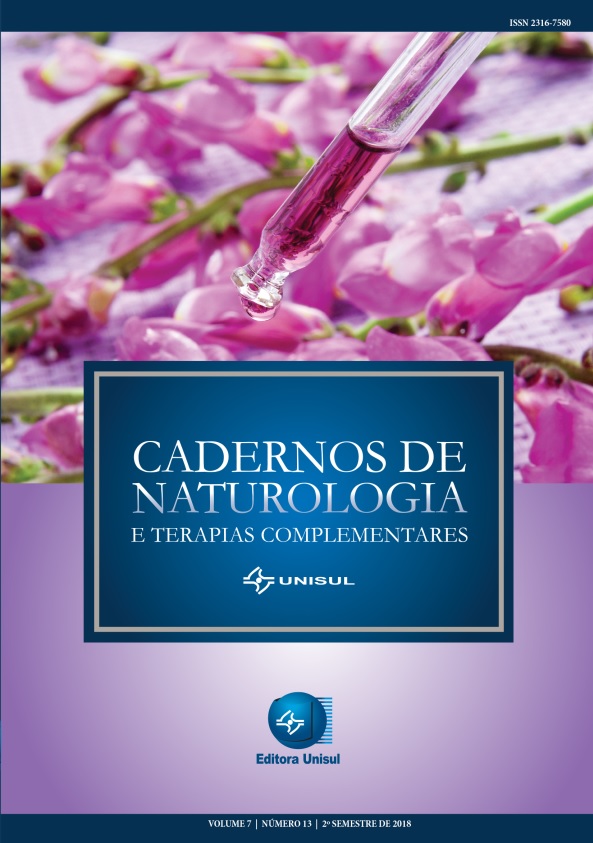Terapeutic strategies in the sexual function in men with traumatic spinal cord injury
DOI:
https://doi.org/10.19177/cntc.v7e13201829-38Keywords:
Traumatic Spinal Cord injury, Sexuality, Complementary Terapies, Medicinal plantsAbstract
Introduction: structural and physiological repercussions are caused afer spinal cord injury and, depending on the extent and location of the injury, the sexual response will be changed. Prompted by the sociocultural knowledge and difculty of satisfaction with sex, many people turn to alternative strategies for treating disorders. Objectives: to know the main therapeutic strategies used by men with spinal cord injury in sexual dysfunctions.Methods: this is a descriptive observational study involving 24 men with a mean age of 32.62 (CI 28.65 to 36.60), with spinal cord injury, recruited in reference services in spinal cord injury Recife (PE). Te subjects underwent neurological evaluation in accordance with the guidelines of the International Standards for Neurological Examination and Functional classi f cation of Spinal Cord Injury (ISNCSCI), the American Spinal Injury Association (ASIA), assessment of sexual function through the Erectile Function of International Index (IIEF) and answered a semi-structured form to identify therapeutic strategies used in sexual function. To collect information about medicinal plants, a search was made in the surroundings of public markets located in the Metropolitan Region of Recife (PE). Results: Te therapeutic strategies used were: use of medicinal plants (25%) and use of inhibitory drugs of phosphodiesterase type 5 (33.3%). Of medicinal plants, the most used were Catuaba - catigua Trichilia (33.3%), Guaraná - Paullinia cupana (33.3%), Peruvian Maca - Lepidium meyenii (33.3%) and Tribulus Terrestris (33.3%).Conclusion: Te main therapeutic strategies used by participants were medicinal plants and use chemical suppressants phosphodiesterase type 5.Downloads
Published
2018-12-07
Issue
Section
Original Articles


